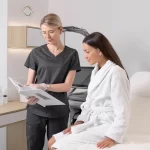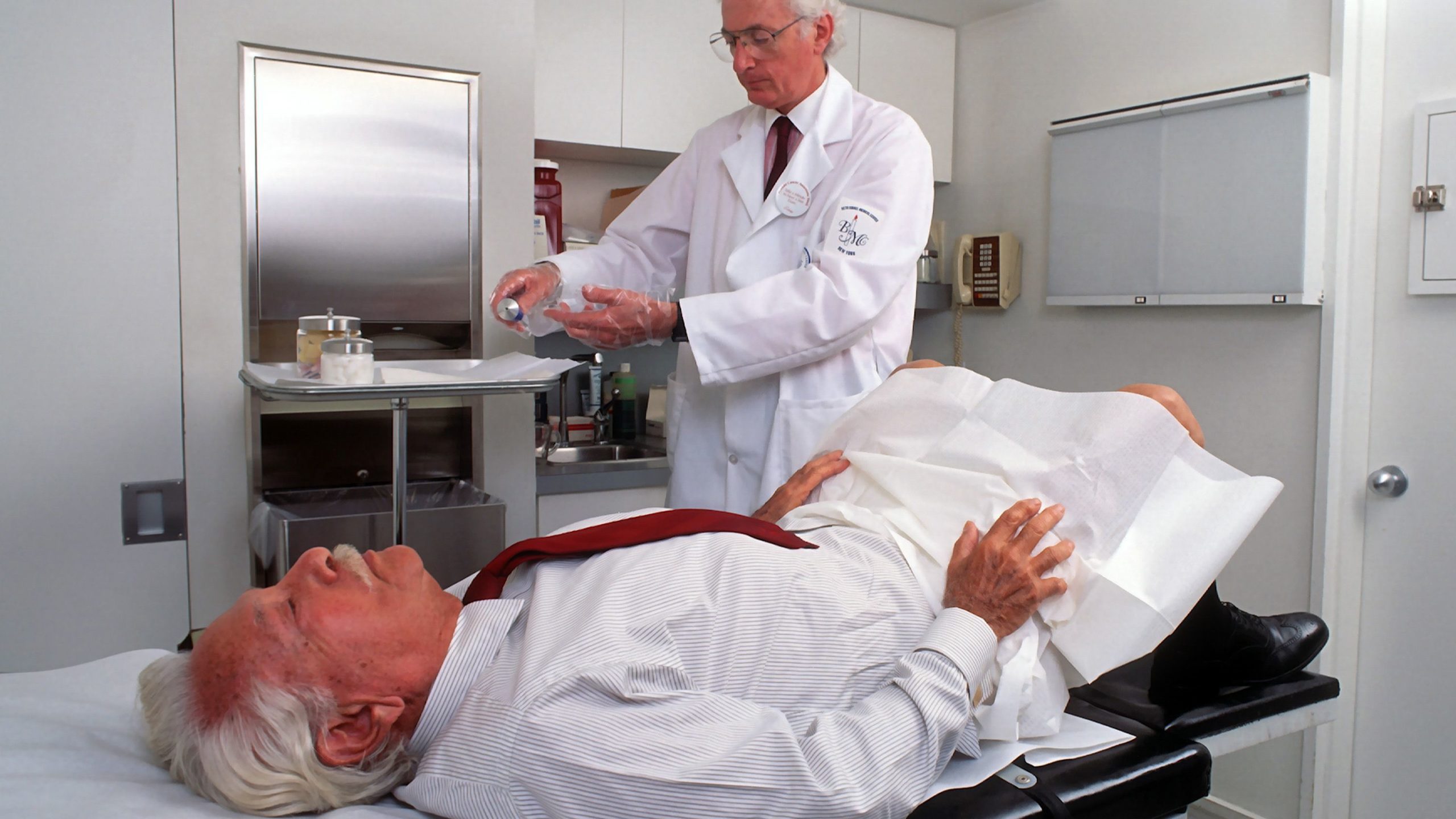From the age of 50, we should consult a specialist because it is necessary to carry out endoscopic control of the colon and rectum, even without having symptoms. Colorectal Cancer (CRC) increases its impact on the population from age 50, with a slight predominance in men. It is the second most frequent in women after breast cancer and the third in men after prostate and lung cancer.
The CCR is a malignant tumor that develops in the large intestine. More than 90% of colon and rectal cancers originate from benign lesions called polyps, adenomas. Adenomas are slow-growing, and after several years (5 to 10), they transform into carcinoma.
This slow sequence from Adenoma to Carcinoma is the time that allows us to make an early diagnosis with proctology equipment, with the resection of polyps by endoscopy, before they reach cancer.
As colorectal cancer develops, it is initially located in the thickness of the wall. If it is not detected in time, it invades neighboring organs or spreads through the blood or lymphatics, giving rise to so-called metastases. When cancer-related symptoms appear, the disease is locally or remotely advanced. “Most adenomatous polyps and cancer in its early stages do not give symptoms.
In recent years, significant advances have been made in diagnosing and treating colorectal cancer, but 5-year survival does not exceed 50-60%; this is because the diagnosis is NOT made early. When the diagnosis is early, the definitive cure exceeds 90%.
Symptoms
Most adenomatous polyps and cancer in their early stages do not give symptoms, hence the importance of carrying out periodic controls in the asymptomatic population.
Studies
The consultation with the specialist includes a medical examination and digital rectal examination. The Videocolonoscopía is the examination of choice and requires bowel preparation is performed with anesthetic sedation. This study makes it possible to identify lesions, resect polyps, take biopsies, and determine the lesions’ site. The virtual colonoscopy is a less invasive study; no endoscope is inserted through the anus and does not require anesthetic sedation. Tomographic images are obtained, it allows locating the lesions, but it is impossible to reset the polyps or take biopsies.
Bottom Line: If you are between 40 and 50 years old, see a specialist for routine lower GI checkups, even if you have no symptoms.











